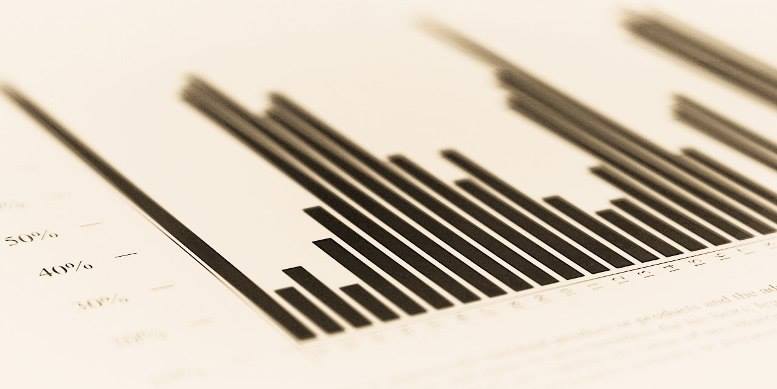“.. The first task of the doctor is therefore political: the struggle against disease must begin with a war against bad government. Man will be totally and definitively cured only if he is first liberated: ‘Who, then, should denounce tyrants to mankind if not the doctors, who make man their sole study, and who, each day, in the homes of poor and rich, among ordinary citizens and among the highest in the land, in cottage and mansion, contemplate the human miseries that have no other origin but tyranny and slavery?’. If medicine could be politically more effective, it would no longer be indispensable medically. And in a society that was free at last, in which inequalities were reduced, and in which concord reigned, the doctor would have no more than a temporary role: that of giving legislator and citizen advice as to the regulation of his heart and body. There would no longer be any need for academies and hospitals
{…} And yet, they played an important role: by linking medicine with the destinies of states, they revealed in it a positive significance. Instead of remaining what it was, “the dry sorry analysis of millions of infirmities”, the dubious negation of the negative, it was given the splendid task of establishing in men’s lives the positive role of health, virtue and happiness; it fell to medicine to punctuate work with festivals, to exalt calm emotions, to watch over what was read in books and seen in theatres, to see that marriages were not made out of self-interest or because of a passing infatuation, but were based on the only lasting condition of happiness, namely, their benefit to the state.
Michel Foucault, The Birth of The Clinic, An archaeology of medical perception, Routledge pub., p.p. 38-39
Discover more from socialpolicy.gr
Subscribe to get the latest posts sent to your email.






















































